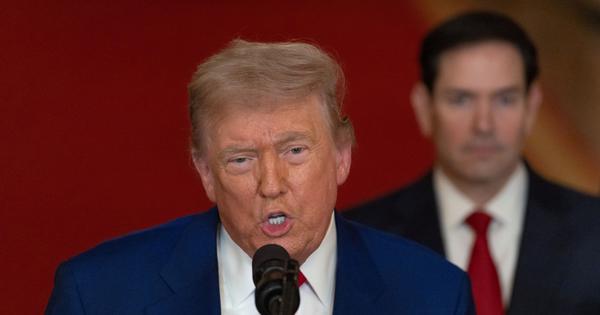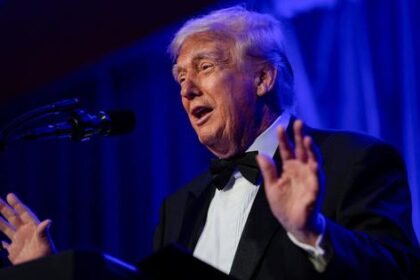Trade tensions escalate as U.S. President Trump targets China’s export controls with new tariffs.
United States President Donald Trump announced on Friday his intention to impose a 100% tariff on China, which would be in addition to any tariffs already in place. This new measure is set to take effect on November 1. In a statement shared via social media, Trump criticized China for adopting what he described as an “extraordinarily aggressive position on trade.” This assertion comes in light of China’s recent announcement regarding significant export controls affecting a wide range of products.
Trump’s comments highlighted the implications of China’s plans, which he characterized as a moral disgrace in international trade. He noted that the export controls would impact virtually every product made by China, including items not manufactured within the country. The president expressed concern that such actions would have ramifications for all nations, stating, “This affects all countries, without exception.” He emphasized the unprecedented nature of these measures in the context of international trade.
In conjunction with this tariff announcement, Trump mentioned that there would be no need for a meeting with Chinese President Xi Jinping during his forthcoming visit to South Korea. This statement adds to the backdrop of escalating trade tensions between the United States and China, particularly as both leaders are scheduled to engage in discussions later this month.
The development of these tariffs follows a series of tit-for-tat trade actions between the two countries. Earlier in April, China had imposed restrictions on the export of seven rare earth elements after Trump had announced steep tariffs on several trading partners, including China. Since May, the two nations have maintained a fragile trade understanding, with both sides agreeing to reconsider some of the high tariffs imposed on each other’s goods.
On the other hand, China has recently expanded its restrictions on rare earth exports, adding five new elements—holmium, erbium, thulium, europium, and ytterbium—to its list of controlled substances. These minerals are critical to various industries, including those involved in the production of smartphones, electric vehicles, and military technology such as fighter jets and missile systems.
Moreover, Beijing’s latest measures extend beyond raw materials; they also encompass export controls related to production technologies and overseas applications, particularly those utilized in the semiconductor and defense sectors. These curbs are expected to take effect between November and December of this year.
As both countries prepare for upcoming negotiations, the implications of Trump’s tariff announcement and China’s export controls will likely play a significant role in shaping the future of U.S.-China trade relations.








